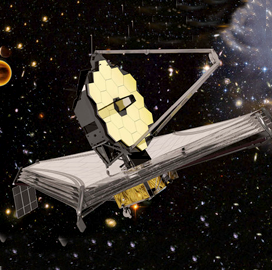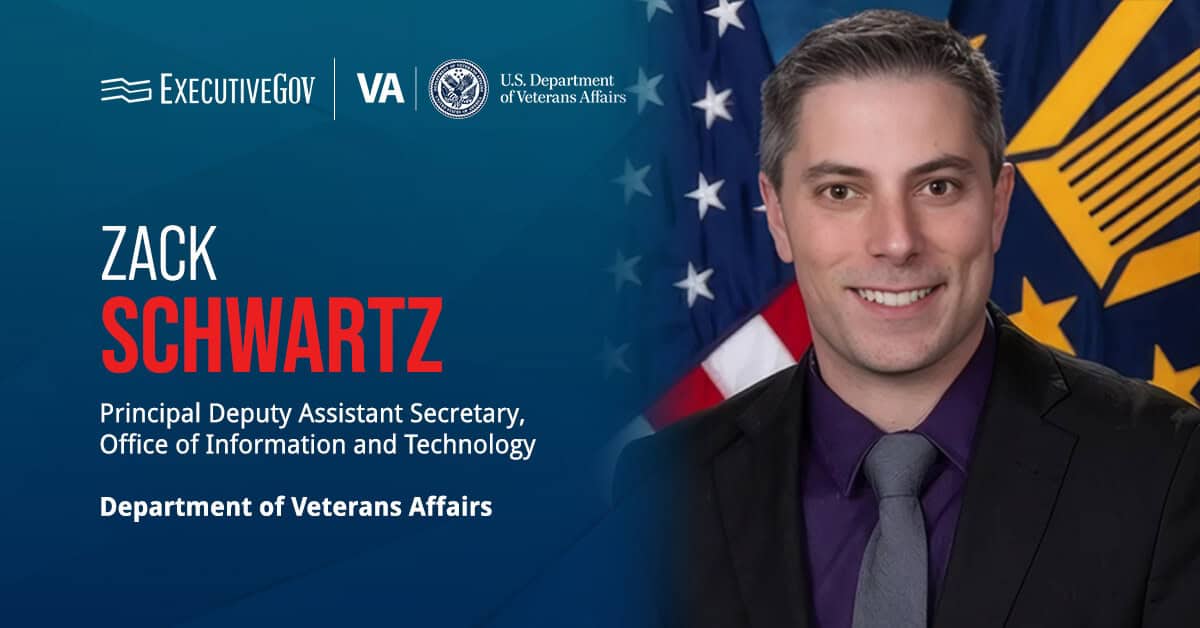NASA plans to address the James Webb Space Telescope (JWST) program's delay costs through existing funds, Space News reported Thursday. The agency has witnessed delays in the space telescope's developmental schedule due to the COVID-19 pandemic and seeks to address issues without additional funds.
Eric Smith, JWST program scientist, said his team still has both fiscal and schedule reserves, and does not anticipate the need for more funds.
“We can go a few months, several months past the March date and still have reserves to cover that,” Smith said at a meeting with NASA's astrophysics advisory committee.
The delay makes NASA unable to pursue the original launch date of March 2021, and the space agency still has yet to name a new date. JWST is designed to provide visuals of deep space and help scientists study the birth of older galaxies in the universe.





